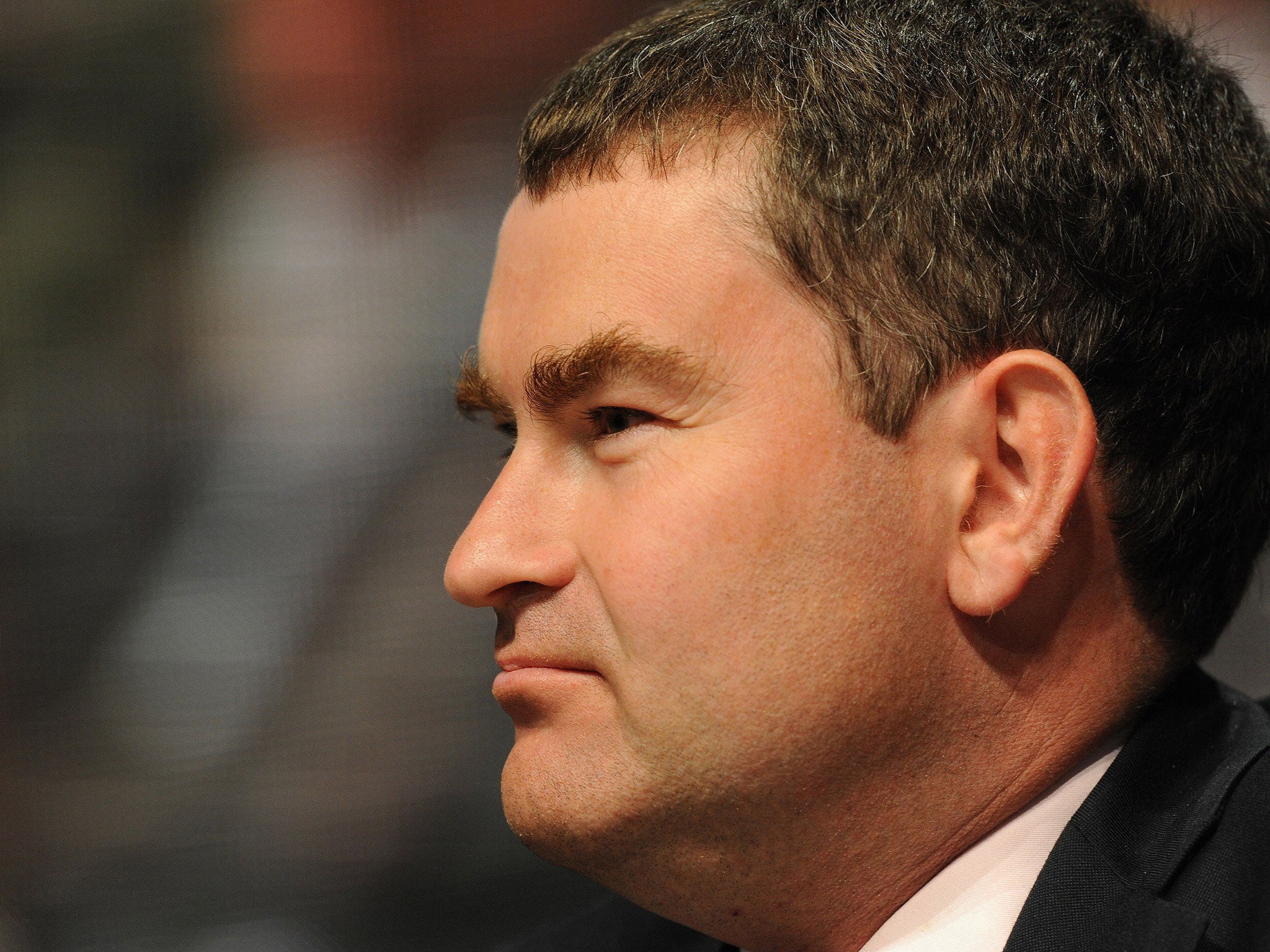Watchdog tells MPs to repay home 'profits'
But some may launch legal fight against the demand for a share of capital gain on property

Parliament's expenses watchdog is preparing to take legal action to take back a share of the "profits" made by MPs on their taxpayer-funded second homes.
The Independent Parliamentary Standards Authority (IPSA) has confirmed that it will take MPs to court if they don't hand over a share of the "capital gain" from the increase in value of their homes over a two-year period – even if they have not sold up.
Dozens of MPs who opted to continue claiming expenses for mortgage interest during a "transitional" two-year period after the 2010 election have been presented with bills running, in some cases, to tens of thousands of pounds.
But three weeks after the deadline for arranging payment passed, at least 10 have failed to strike a deal. A lawyer acting for a number of MPs has questioned the ruling and said that they could request a judicial review of the decision. Several MPs have complained that their homes did not increase in value over the two years.
The IPSA has also taken legal advice and has been told that it is not allowed to claw back the money by withholding payment of an MP's allowances.
"Hopefully there will be no need for legal activity that will coerce anyone into paying," an IPSA spokesman said. "But if we have to go down the legal route we are fully prepared to do it. When MPs signed up to this deal, they did it on the condition that, if there was a capital gain, the taxpayer would get a share."
MPs were banned from claiming mortgage interest on their second homes under the new allowances system established after the expenses scandal in 2009. Some 71 MPs were allowed to claim almost £1m in mortgage interest between May 2010 and August this year, when the ban took effect – but only after they had agreed to share the profit from any rise in the value of the property in the meantime.
The IPSA demanded two professional valuations of their properties from each MP – at the start and end of the transitional period – and used them to calculate the amount due.
The former environment secretary Sir Jim Paice, who claimed more than £9,000 in mortgage interest, said: "I can confirm I have received a request and have agreed the sum to 'repay'. It is nearly £10,000 and in fact represents almost all the interest claimed since the 2010 election. As it is effectively a 'paper' gain because the property has not been sold, I have agreed a repayment schedule to be completed by the next general election."
The Treasury minister David Gauke, who made a £67,500 profit when he sold his second home, has already returned £40,000 to the IPSA.
One MP who has failed to agree any payments said: "People signed up to the terms, but they did not expect to be charged anything if their homes have not risen in value. This has not been a great time for house prices. It is not fair to make anyone pay for something they have not received."
In a letter to the IPSA, Peter Vaines, the MPs' lawyer, argued that there is no "statutory or any other authority for IPSA to require any such payment regarding such notional gain".
He claimed the threat of having to repay the sums was "has created unjustifiable anxiety to members".
Join our commenting forum
Join thought-provoking conversations, follow other Independent readers and see their replies
Comments
Bookmark popover
Removed from bookmarks